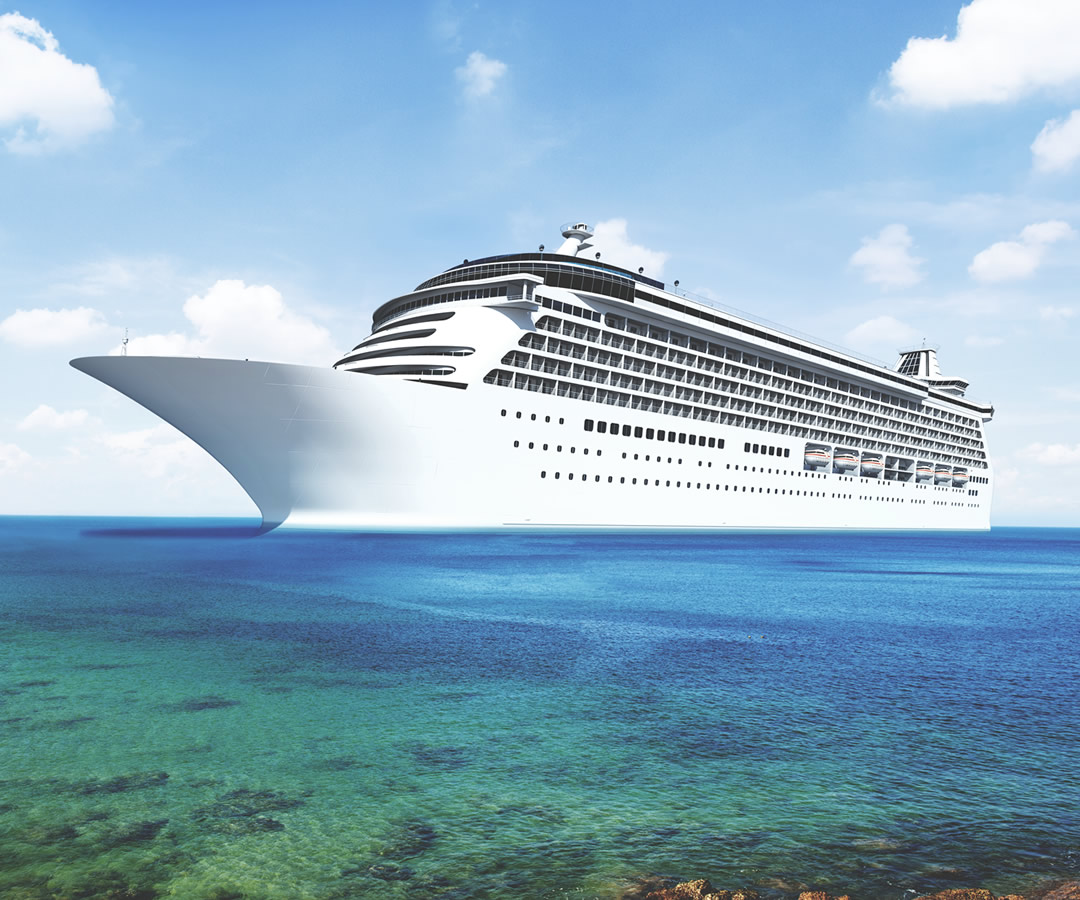COVID Cover Clarity
COVID-19 (Coronavirus) Cover Explained
We understand that it is important you know what cover is in place if Coronavirus or Covid-19 affects your trip.
Our travel insurance policies include cover for coronavirus including cancellation due to falling ill with coronavirus and being unable to travel or being required to self-isolate...
Why Choose Us
For 50 years we have been offering travel insurance policies to all kinds of people going to all kinds of destinations...
0
Trusted For Over
50 Years
50 Years
0
24/7 - 365 Assistance
0
Of Satisfied Customers
Our Expertise
Destinations & Policy Types




